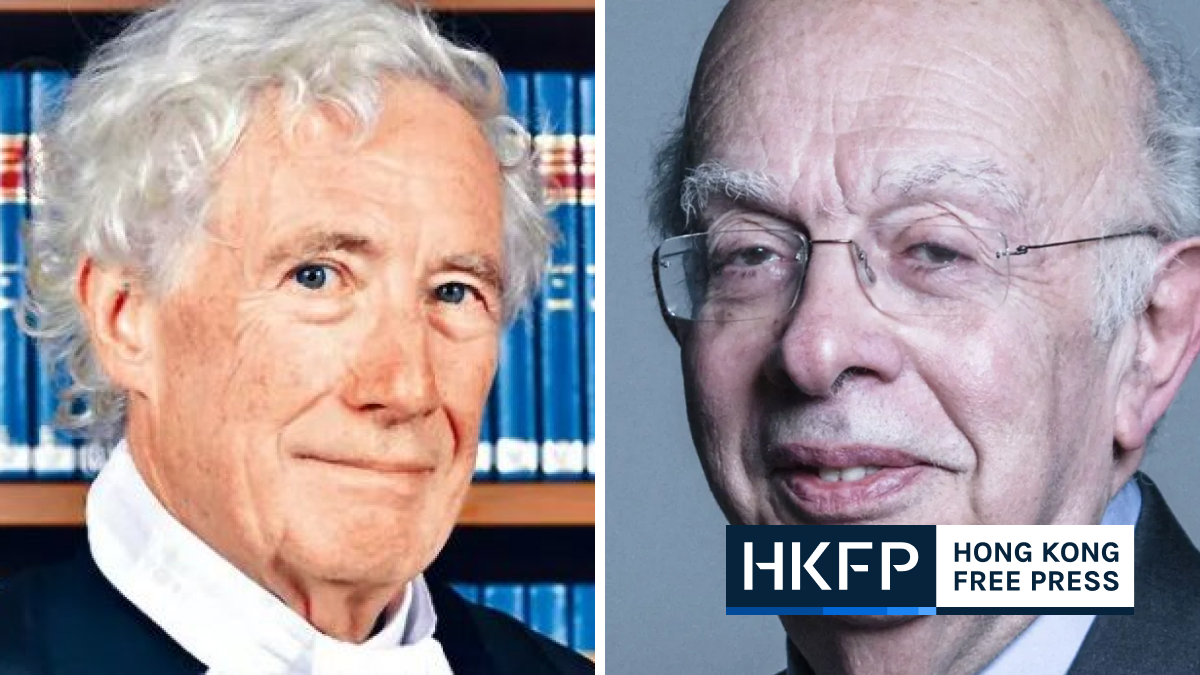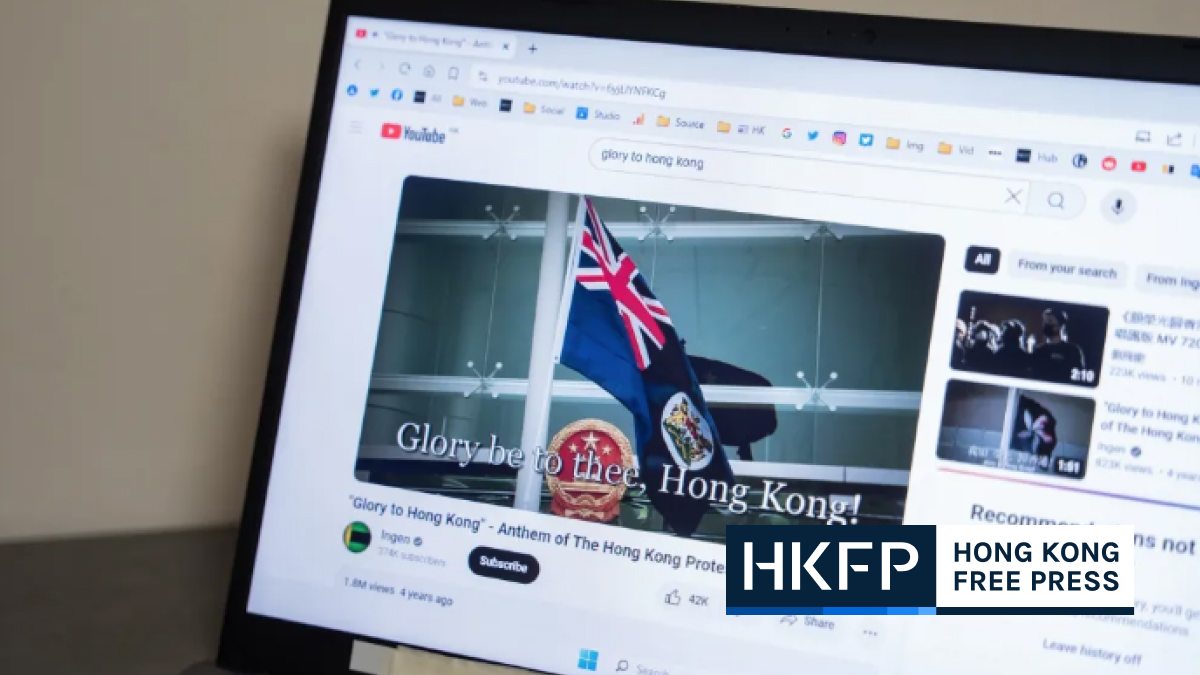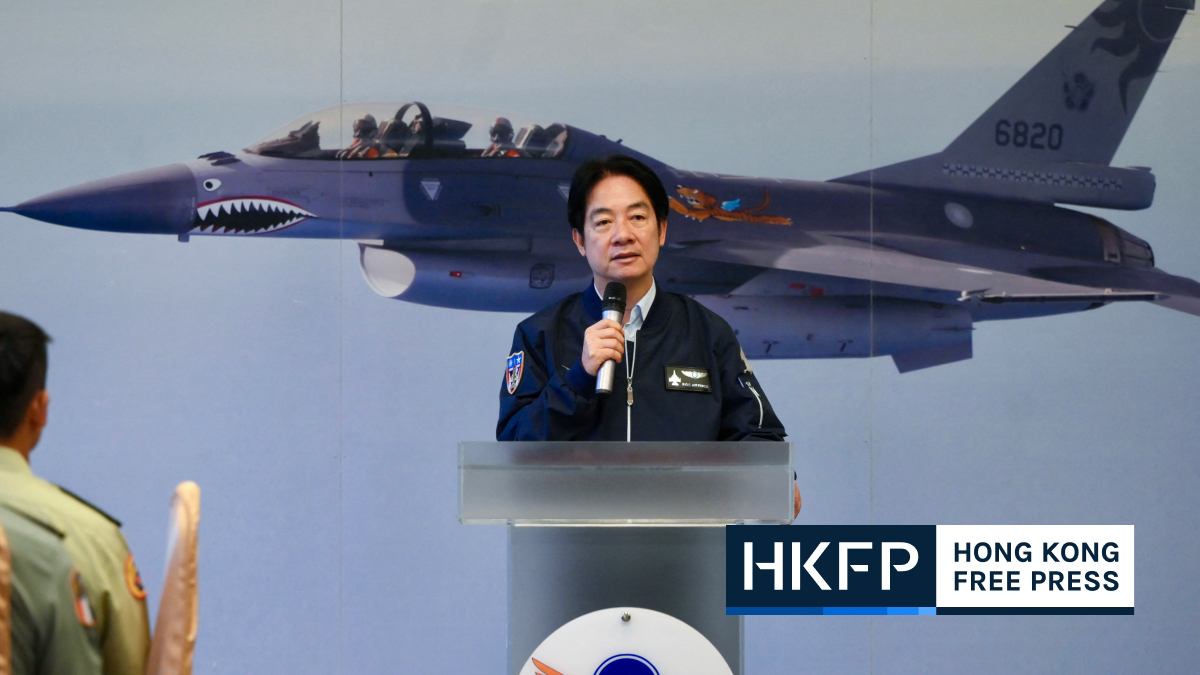A man has been jailed for four and a half years for inciting others to make explosives to attack the Chinese army garrison in Hong Kong in 2017.
Chan Chun-ming, 27, was convicted in September over a post about bombing the People’s Liberation Army (PLA) Garrison shared on a discussion forum five years ago, local media reported. The post detailed the composition of explosive liquid nitroglycerin, as well as the amount and apparatus required to make explosives.

Chan appeared in front of Deputy District Judge Cheang Kei-hong on Monday. When handing down the reasons for sentencing, Cheang cited an Explosive Ordnance Disposal Bureau report saying the materials mentioned in the social media post could be used to make eight to 14 grams of explosives that could prove fatal if detonated within a one-metre radius.
The report also suggested nitroglycerin was an unstable chemical and could have exploded before it reached the destination and injured innocent bystanders. Cheang said he was of the view that nitroglycerin explosives could be more powerful and damaging than a hand grenade or common triacetone triperoxide explosives, local media reported.
Message spread
The judge also said the online post could be shared widely and quickly, with the post drawing 60 responses and being viewed by more than 60 people. The spread of the post could have incited more people and more explosives could have been made, which could have had serious consequences, Cheang added.

He said Chan made it worse by marking the PLA a target in the headline of the post, saying that “added criminality.”
‘Grandiose delusions’
In mitigation, Chan’s lawyer cited a psychologist’s report saying that defendant experienced grandiose delusions and committed the offence while he was undergoing an episode, according to local media.
The defence said Chan was a “low achiever” in academics but that he “lived in his own world” and thought he was smart. But the judge referred to a document submitted by the defence which showed Chan received an offer from a UK university, saying he believed Chan did what he did logically and after thinking it through.

Chan’s lawyer also said the offence took place in 2017, when Hong Kong was “peaceful,” adding that no one attempted to attack the army barracks, which suggested the post did not influence others. Cheang, however, said the post was published after the Umbrella Movement in 2014, when thousands occupied main thoroughfares to demand universal suffrage in Hong Kong.
‘Undue delay’
Cheang set five years as the starting point of Chan’s sentence, and said he would not give any discount for his claimed psychological condition. But the judge took what he called an “undue delay” on the side of the prosecution into consideration and jailed Chan for four and a half years.
Chan was accused of committing the offence in November 2017 and arrested in 2018, but he was only prosecuted in 2021.
Support HKFP | Policies & Ethics | Error/typo? | Contact Us | Newsletter | Transparency & Annual Report | Apps
Help safeguard press freedom & keep HKFP free for all readers by supporting our team

LATEST FROM HKFP
HKFP has an impartial stance, transparent funding, and balanced coverage guided by an Ethics Code and Corrections Policy.
Support press freedom & help us surpass 1,000 monthly Patrons: 100% independent, governed by an ethics code & not-for-profit.










